New models to assess climate policies
Researchers in the EVOCLIM project are developing new models to assess how sensitive climate policy instruments are to bounded rationality and what synergies one can expect between markets and social interactions. This will provide a more solid basis for comparison of instruments like carbon pricing, regulation and information provision, as Professor Jeroen van den Bergh explains.
A wide variety of policies have been adopted by governments across the world to deal with climate change, as countries seek to reduce CO2 emissions and encourage the transition towards a low-carbon economy. It is however difficult to accurately assess the impact of these different policy instruments. “Climate policies are highly complex, and it’s difficult for countries to compare their approach internationally,” says Professor Jeroen van den Bergh, head of the Research Group ‘Environmental and Climate Economics’ at ICTA-UAB in Barcelona. Collective action is required to address climate change, yet it is difficult for people as well as governments to change, since they tend to ‘free-ride’ on the efforts of others.
“People will benefit from climate solutions whether they contribute to them or not. That creates an incentive to rationally free-ride, because you may have to make significant sacrifices for not particularly large individual benefits,” points out Professor van den Bergh. “That holds true at both the citizen or firm level and the government level.”

EVOCLIM project
As the Principal Investigator of the EVOCLIM project, Professor van den Bergh is now investigating the behavioural dimensions of climate policy, aiming to develop sophisticated new models by which different policy instruments can be assessed. The project itself has quite a broad scope, with Professor van den Bergh and his colleagues looking at the impact of different policies.
“For example, we look at the influence of bounded rationality on the performance of carbon taxes versus markets, as well as on the rebound effect of energy conservation and efficiency, which can be thought of as the reduction of potential energy savings due to post-adoption behaviour. We’re also studying the influence of commercial advertising versus public information provision on consumer behaviour,” he outlines.
There are two main aspects to bounded rationality, the idea that there are limits to rationality in decision-making. “One is incomplete information and information
EVOCLIM
Behavioral-evolutionary analysis of climate policy: Bounded rationality, markets and social interactions
Project Objectives
The EVOCLIM project aimed to develop a new set of agent-based models to assess the performance of climate-policy instruments, such as various carbon pricing and information provision instruments, under conditions of bounded rationality, social interactions and energy/carbon rebound.

Tax reduction under social influence to achieve same emissions reduction as without social interactions (A basic situation, B distinct initial distributions, C distinct social network forms, and D distinct income distributions).
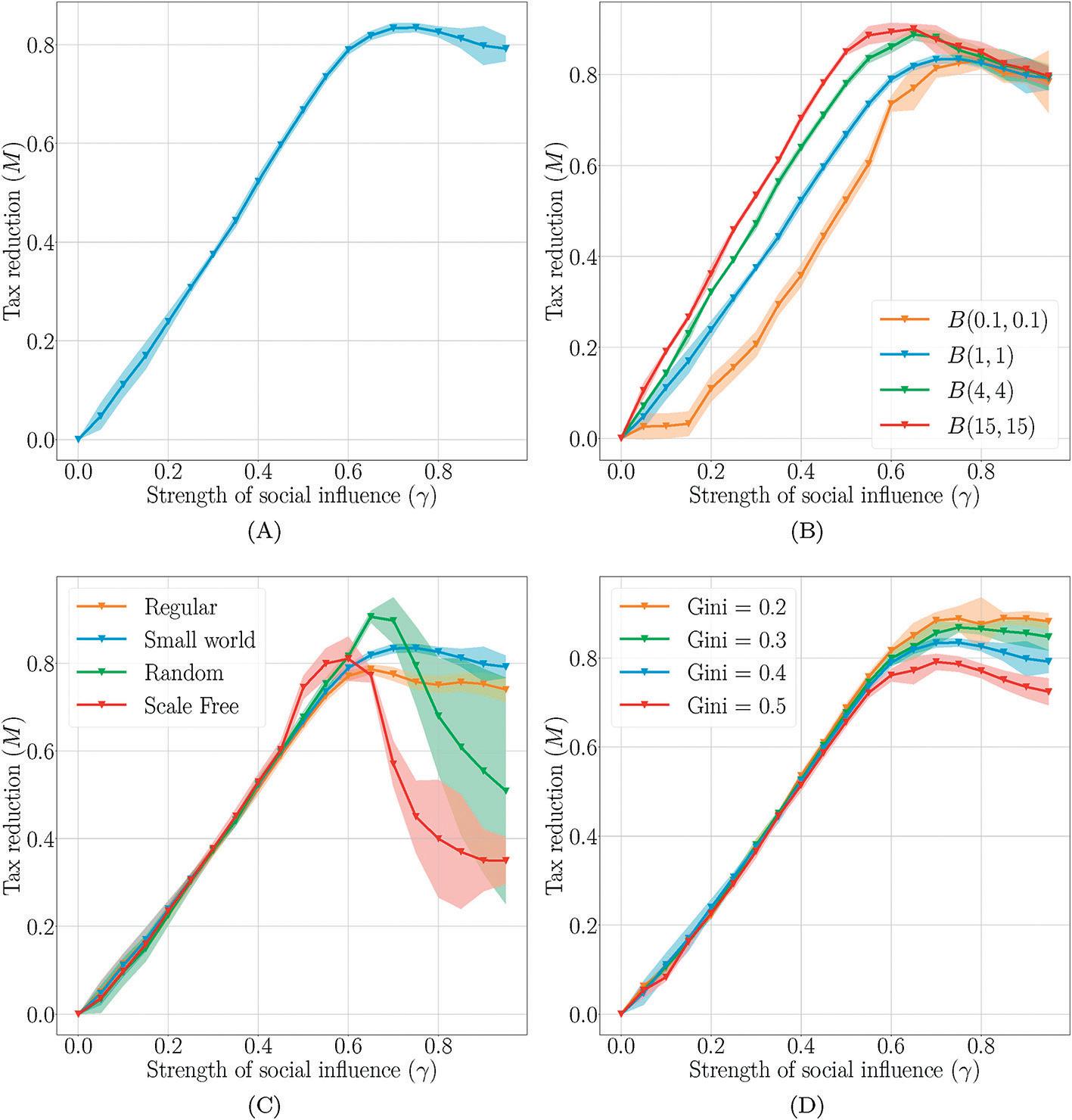
asymmetry, meaning some people have access to more information than others. In addition, our brains have limited capacity to process information,” explains Professor van den Bergh. “Rational behaviour takes time –we have to collect information, think about it, process it. In some settings it therefore pays off to base our decisions on our quicker trained emotional reactions.”
The question researchers are addressing in the project is whether markets like the EU-Emissions Trading System (EU-ETS) or carbon taxes are a more effective climate policy option under bounded rationality. A further topic of interest in the project is behavioural biases and how they relate to the energy rebound. “A consumer might use more efficient technology in a more intensive way. Or spend extra money saved
through putting the heating down in Winter on a plane trip in Summer,” outlines Professor van den Bergh. The wider population is highly heterogeneous in terms of attitudes towards climate change however, and Professor van den Bergh says a variety of factors may affect behaviour and our willingness to make certain sacrifices: “For example income differences matter, as people are liable to imitating those with more income and higher status.”
There is also a degree of variability in people’s desire or willingness to adopt new, more energy-efficient technologies, and the extent to which they are influenced by the choices of others in their social network. While a certain type of person wants to be the first to adopt new technologies, and may encourage others to follow their lead, some parts of the
Illustrative co-dynamics between tax stringency, effectiveness, wellbeing effects and public support. Right: Average public support for each income decile under different uses of carbon-tax revenue. https://doi.org/10.1016/j.gloenvcha.2022.102528
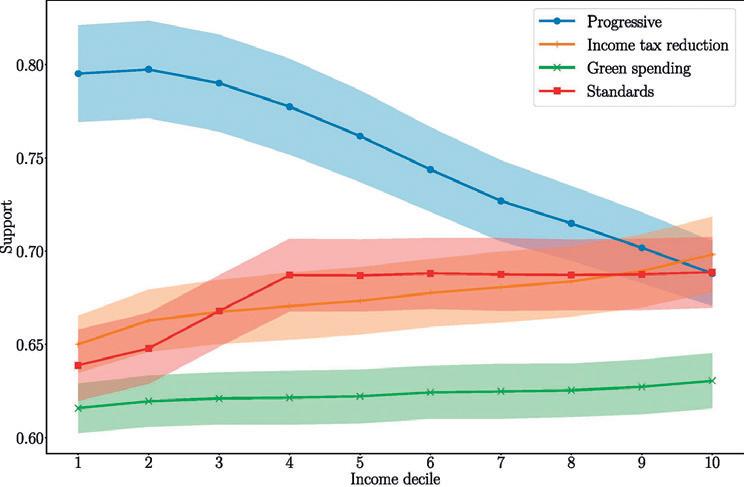
population are more resistant. “Some of these laggards will never be influenced by others, but some of them will be,” continues Professor van den Bergh. This social influence, and the extent to which it can encourage people to change their behaviour, is a topic Professor van den Bergh has explored further in a recent paper. “What is essential there is the idea that with regulation, or with pricing, you can change the behaviour of some people. These people then trigger more changes through social interactions,” he outlines. “We’ve shown for the first time that social interactions can reinforce the effectiveness of traditional regulation and pricing policies. We call this the social multiplier of regulation. Numerical analysis, informed by realistic parameters for Spain, indicates that the social multiplier of taxation allows a reduction in the effective carbon tax rate by 38 percent.”
Markets vs social interactions
At a methodological level, a novel contribution of EVOCLIM is extending traditional equilibrium market models with bounded rationality and social interactions. This could provide a sound basis for broader support of relevant climate policies in the future. A lot of current disagreement about climate policy stems from the fact that experts from separate disciplines often use different methods, leading to a lack of comparability and agreement. “Markets are studied in economics, allowing for the evaluation of carbon markets, taxation or standards as climate policy instruments. It’s very difficult to compare these kinds of findings with studies of instruments that involve social networks, like information provision, which are often studied by psychologists and sociologists,” explains Professor van den Bergh. The aim now in the project is to integrate markets and social networks in a single approach, which Professor van den Bergh notes “has been done in very few studies previously. We have published our work in a journal, and the reviewers were very enthusiastic about it.” The project’s research has shown that social interactions reinforce the effectiveness of
carbon pricing, a finding which could inform the design of more effective policy instruments likely to be accepted by the general public. The project’s work has also yielded some other important insights, for example about opinions and the dynamics of climate policy. “We’ve found that agents’ tendency to resist opinion change translates into higher support for a tax trajectory where the initial tax is relatively low, then increases fast in later periods, in order to achieve a policy sufficiently ambitious to meet emissions targets,” outlines Professor van den Bergh. “We further show that transfers to households help to maximise support for climate policy, more so than green spending.”
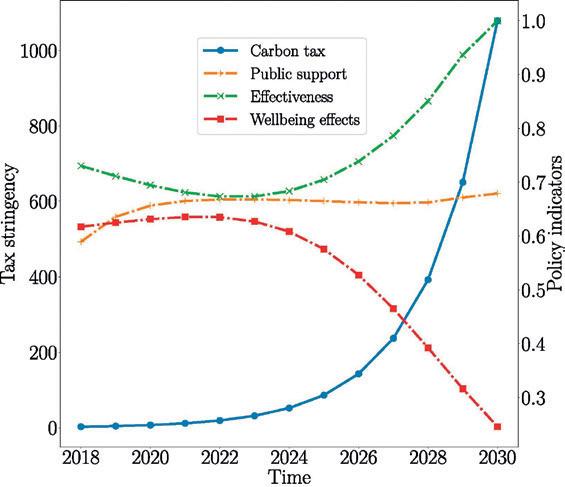
The EVOCLIM project itself is nearing its conclusion, but Professor van den Bergh hopes to gain further funding to pursue new avenues of investigation on the dynamics of socialpolitical support for climate policy and the role of perceptions and concerns about economic growth. “There are a lot of different ideas in the air, like de-growth and green growth for example. I would like to look at the psychological dimensions of that, because whether people are right or not, their perceptions and beliefs influence policy,” he says.
This is not about contributing to the debate about whether green growth is possible, or whether it’s possible to reduce CO2 emissions while simultaneously growing the economy, but rather to look at the underlying basis of the different positions. For his part, Professor van den Bergh says he is entirely indifferent about growth. “I’m deliberately an agnostic about growth. I call my position a-growth,” he says. While many politicians place great emphasis on economic performance, Professor van den Bergh believes that GDP growth does not guarantee a better society. “We should try to convince politicians that they should not worry so much about GDP, because it’s no guarantee of societal progress in rich countries,” he argues. “But this shouldn’t translate into being against growth.
If GDP is irrelevant as a progress indicator, the logical thing to do is to ignore it and be indifferent about its change. As a result, politicians may then look in a broader space for good social and environmental policies and strategies.”
Project Funding
This project has received funding from the European Union’s Horizon 2020 research and innovation programme under ERC advanced grant agreement No 741087.


Project Team
• Postdocs: Dr. Stefan Drews, Dr. Filippos Exadaktylos and Dr. Ivan Savin
• PhD students: Dr. Juana Castro, Dr. Joël Foramitti, Dr. Franziska Klein and Dr. Théo Konc
• Project manager: Marta Viana Diaz
Contact Details
Principal Investigator, Prof. dr. Jeroen van den Bergh Universitat Autònoma de Barcelona, ICREA & Vrije Universiteit Amsterdam
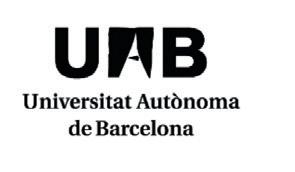
The Netherlands
T: +34-93-586 8773
E: jeroen.bergh@uab.cat
W: http://www.icrea.cat/Web/ ScientificStaff/Jeroen-van-den-Bergh-424

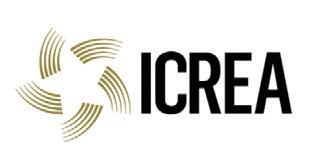
ICREA Research Professor in the Institute of Environmental Science and Technology of Universitat Autònoma de Barcelona, and full professor of Environmental Economics at Vrije Universiteit Amsterdam. His research is in environmental and climate economics. He is founding past Editor-in-Chief of the journal Environmental Innovation and Societal Transitions. He received the Royal/ Shell Prize 2002 for Sustainability Research, IEC’s Sant Jordi Environmental Prize 2011, and an honorary doctorate from the Open University (2019) in the Netherlands.

